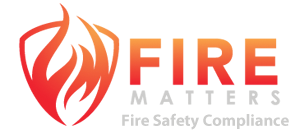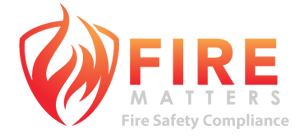Prescribed Fire Safety Documents: Why They Matter for Your Body Corporate
When it comes to fire safety, many body corporates believe that keeping receipts for maintenance work is enough to prove compliance. However, Queensland law requires far more—prescribed documents that demonstrate not just payment, but proper testing, maintenance and adherence to strict fire safety regulations.
In the event of a fire, these documents are the first thing a coroner will request. If they’re missing or incomplete, your body corporate could face serious legal consequences—including allegations of negligence.
What Are Prescribed Documents?
Under Queensland’s Building Fire Safety Regulation 2008 (BFSR), prescribed documents are mandatory records that prove your building’s fire safety systems are properly maintained and compliant.
Key Prescribed Documents & Their Importance
- Fire Safety Management Plan
Required for high-occupancy buildings, this plan outlines:
- Fire prevention measures
- Evacuation procedures
- Maintenance schedules for fire systems
- Staff and occupant training protocols
- Maintenance Records for Fire Safety Installations
Simply having receipts isn’t enough—you need detailed records proving:
- Fire alarms, extinguishers, sprinklers, and emergency lighting were tested in line with AS 1851:2012
- Any defects were rectified
- Systems remain fully functional
- Occupant Fire & Evacuation Instruction Records
You must document that all occupants receive:
- Initial fire safety briefings covering evacuation routes, assembly points and the location of firefighting equipment
- Annual refresher training
- Evacuation Diagrams
These must be:
- Clearly displayed in key locations
- Updated whenever the building layout changes
- Compliant with BFSR standards (including correct symbols and orientation)
- Annual Occupier Statement
A mandatory declaration confirming:
- Fire safety installations were maintained
- Any defects were fixed
- All prescribed documents are up to date
- Record of Fire Drills & Evacuation Practices
You must conduct:
- At least one evacuation drill per year
- Document details on participants, duration and any issues identified
Why Compliance Isn’t Optional
Failing to maintain these records can result in:
- Heavy fines and penalties
- Voided insurance claims
- Legal liability in case of injury or death
Remember, a receipt only proves payment—it doesn’t prove the work was done correctly or recorded as required by law.
Need help ensuring your prescribed documents are in order? Contact us today for a professional fire safety audit—because compliance isn’t just paperwork, it’s life safety.

